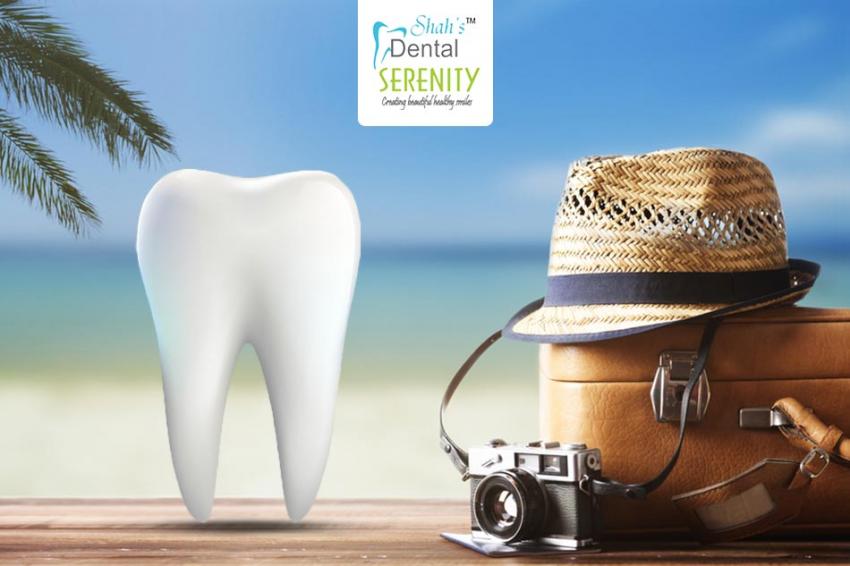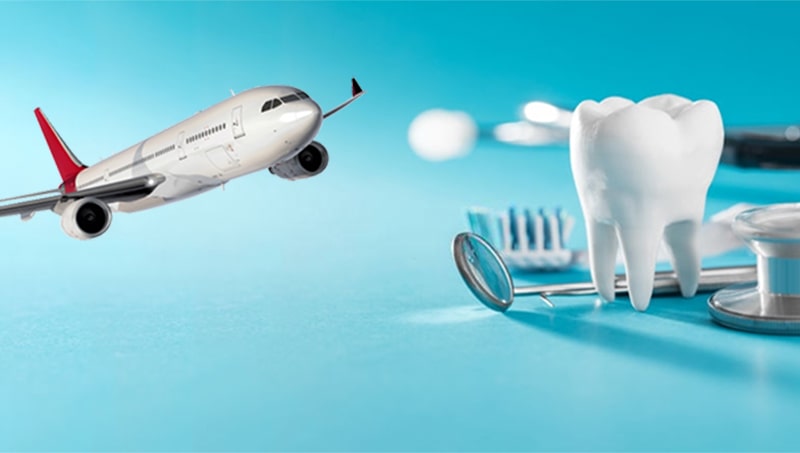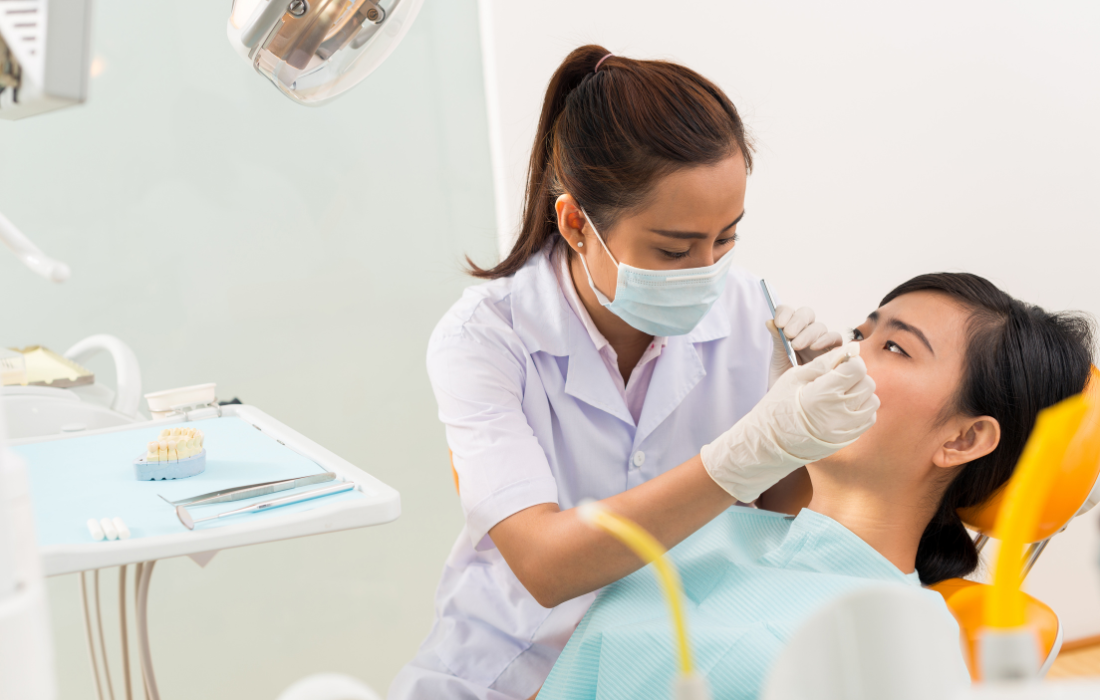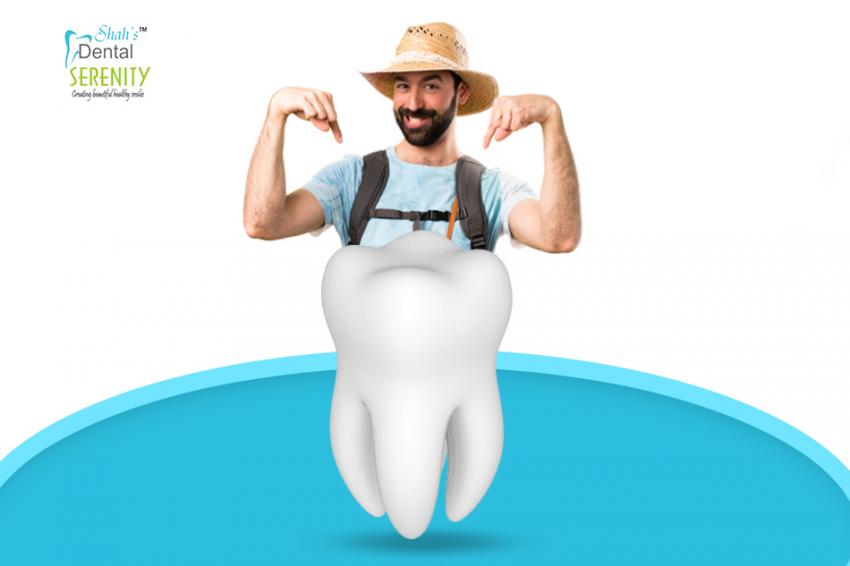Dental tourism, the practice of traveling abroad for cheaper dental care, has gained significant popularity in recent years. People are opting for this trend due to various reasons, including the high cost of dental treatment in their home countries and the availability of specific procedures abroad. While dental tourism offers potential cost savings, there are also risks and considerations that patients and dentists need to take into account.
Definition and Concept of Dental Tourism
Dental tourism refers to the act of traveling overseas to receive dental treatment, often combined with a vacation. It typically involves procedures such as cosmetic dentistry, general check-ups, teeth whitening, and cleanings. Patients choose dental tourism as a way to access affordable dental care while enjoying a vacation in another country.
Reasons for the Rising Popularity of Dental Tourism
The main reason for the growing popularity of dental tourism is the potential cost savings. In countries like Mexico, Thailand, and Costa Rica, patients can save 40-75% compared to the prices in the United States. This includes the cost of travel, accommodation, and treatment.
Additionally, the quality of dental care in some countries can be comparable or even better than that in the United States. Dentists in Central and South America often hold local and U.S. licenses, ensuring high standards of care.
Risks and Considerations Associated with Dental Tourism
While dental tourism presents opportunities for savings, it is not without its risks. One crucial consideration is the accreditation and experience of the dental clinics abroad. Thorough research is necessary to ensure that the chosen clinic meets international standards of care and hygiene. Patients should also review customer reviews and seek advice from fellow travelers to gauge the clinic’s reputation.
Another risk to be mindful of is the potential language barrier. Communication with dental professionals who speak little to no English can lead to misunderstandings and difficulties in explaining one’s needs and concerns.
Therefore, it is important to ensure that language barriers are addressed before choosing a dental tourism destination.
Moreover, care continuity can pose challenges. The foreign dentist may not have access to the patient’s complete dental history, and this lack of knowledge could impact future treatment decisions. To tackle this issue, patients are advised to forward their dental records to the foreign dental office and share the foreign records with their own dentist upon their return.
It is also crucial to consider the specific healthcare standards and vaccination requirements of the chosen dental tourism destination. The Centers for Disease Control (CDC) offers valuable information on necessary vaccines, health notices, and safe travel tips for various countries.
Additionally, the U.S. Department of State provides travel advisories and contacts for U.S. citizens traveling abroad.
Popular Dental Tourism Destinations
Dental tourism has gained such popularity that numerous dental travel agencies have emerged to help patients find the best destinations to suit their needs. Many countries have recognized the potential of dental tourism and have taken steps to make their dental services attractive to foreigners. Some of the most popular destinations for dental tourists include:
- North America: Mexico, Costa Rica, Guatemala
- South America: Chile, Colombia, Ecuador, Peru
- Africa: Egypt, Morocco
- Asia: India, Malaysia, Philippines, Thailand, Turkey
- Europe: Croatia, Hungary, Iceland, Italy, Poland, Serbia, Spain, Czech Republic, Ukraine
These countries have upgraded their dental facilities, hired U.S. dental school graduates, introduced English-speaking staff, and become members of the American Dental Association (ADA), ensuring adherence to ADA standards. When considering a dental tourism destination, it is advisable to look for ADA membership as a sign of quality.
Ensuring a Successful Dental Tourism Experience
Choosing the right dental tourism destination and clinic plays a crucial role in ensuring a positive experience. Proper research and considerations should be made before making a decision. Patients should evaluate factors such as the dentist’s training, experience, accreditations, and understanding of insurance coverage. Reading customer reviews and seeking advice from other dental tourists can provide valuable insights.
Finding reputable dental clinics and professionals abroad is essential. Patients should verify the credentials and accreditations of the dental clinics they are considering. Many clinics offer virtual consultations, allowing patients to discuss their concerns and treatment options before making travel arrangements. It is important to establish clear communication and exchange all necessary information with the dental clinic before the trip.
Patients should also consider additional factors such as travel arrangements, accommodation options, and local amenities when choosing a dental tourism destination. It is advisable to plan for enough time to recover after the dental procedure and explore the local attractions.
Alternative Options for Affordable Dental Care
While dental tourism offers cost savings, it may not be suitable for everyone. Fortunately, there are alternative options available for affordable dental care, even in the United States. Patients can explore the following options:
Local options for affordable dental care in the U.S.
Dental and dental-related schools offer supervised care at reduced costs based on a sliding income scale. Dental students perform procedures such as root canals, crowns, and orthodontics under the supervision of experienced dentists. Dental hygienists at local dental hygiene schools can also provide free or low-cost checkups and cleanings.
Benefits of seeking dental care at accredited dental schools
Dental schools accredited by the American Dental Association (ADA) provide high-quality dental care at reduced costs. Patients can find their nearest accredited dental school using the ADA’s online tool. Seeking dental care at accredited schools ensures that the treatment meets professional standards while remaining affordable.
Exploring other cost-saving strategies for dental care
Patients can inquire with their regular dental provider about promotional rates, student discounts, or financial support through foundations. Setting up a payment plan or financing options may also help ease the financial burden of dental treatment by allowing for monthly payments instead of a lump sum.
Additionally, maintaining good oral hygiene practices, such as regular brushing, flossing, and dental check-ups, can prevent the need for costly dental treatments in the future.
FAQs
- What is dental tourism?
Dental tourism refers to traveling abroad to receive dental treatment, often combined with a vacation. It allows individuals to access affordable dental care in other countries while enjoying a holiday.
- What are the advantages of choosing India for dental tourism?
India offers dental care at significantly lower prices compared to the United States, with potential savings of around 70%. Many dental clinics in India have international accreditation and partnerships with Western hospitals.
Moreover, India has a large English-speaking population, making it easier for patients to communicate with dental professionals.
- How can I find a reputable dental clinic in India for dental tourism?
To find a reputable dental clinic in India, it is essential to do thorough research. Check the clinic’s accreditations, read customer reviews, and seek advice from fellow dental tourists on expat and travel websites. Engaging in discussions and asking questions on Q&A pages can provide valuable insights.
- What should I consider before planning a dental tourism trip to India?
Before planning a dental tourism trip to India, consider factors such as the dentist’s training and experience, accreditation of the dental clinic, and confirmation of insurance coverage. It is essential to establish clear communication with the dental clinic, exchange necessary information, and discuss treatment options before making travel arrangements.
Additionally, research travel arrangements, accommodation options, vaccination requirements, and local amenities to ensure a smooth and safe trip.
In conclusion, dental tourism offers an opportunity for cost savings but requires careful consideration and planning. Patients should thoroughly research their options and evaluate the credentials of dental clinics abroad. Alternative options for affordable dental care are also available locally, such as dental schools and low-cost clinics. Maintaining good oral hygiene practices is essential in preventing costly dental procedures. By making informed decisions and actively participating in their dental care, patients can ensure the best possible outcomes for their oral health.




